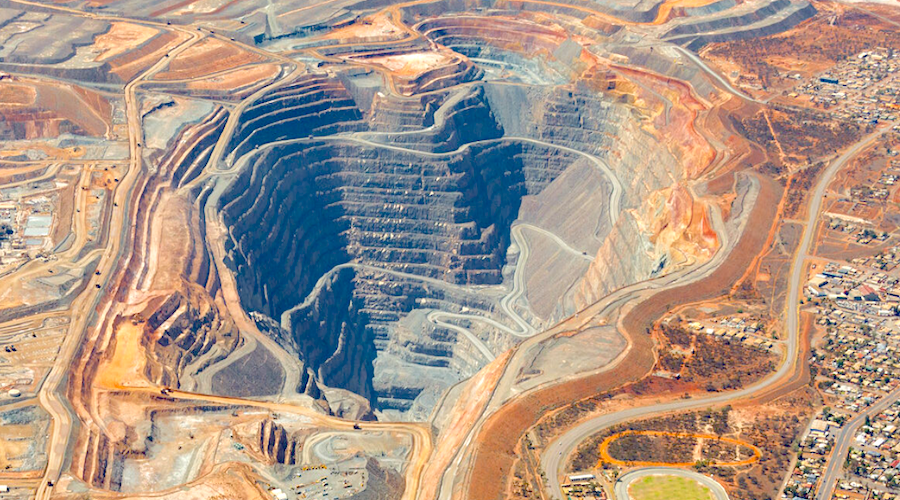Congo lifts export ban on Glencore’s copper and cobalt unit

A Glencore Plc unit in the Democratic Republic of Congo had a ban on imports and exports from its giant copper and cobalt mine lifted by authorities in the country.
“They submitted a request,” Jean Baptiste Nkongolo Kabila, director general of Congo’s custom’s agency, said Thursday by phone. “I have taken the decision to temporarily lift the suspension measures.”
Glencore said in a statement it had been blocked on Nov.9 from exporting copper and cobalt from Congo over a dispute around payments on copper that was never actually mined years ago
Katanga Mining Ltd., which is controlled by Glencore, said in a statement earlier Thursday it had been blocked on Nov.9 from exporting copper and cobalt from Congo over a dispute around payments on copper that was never actually mined years ago. The Congo government is asking for $129.8 million to settle the dispute, a number rejected by Katanga.
Katanga Mining and its Kamoto copper and cobalt mine is one of Glencore’s most important growth projects. It restarted production in December after a two-year hiatus during which it invested in new processing facilities. It had expected to produce as much as 300,000 metric tons of copper and 34,000 tons of cobalt in 2019, which would make it Congo’s largest copper project and the world’s biggest source of cobalt.
Uranium detected
Last week, Katanga halted sales of cobalt after detecting levels of uranium in supplies above those allowed for export. While it doesn’t plan to resume exports until the second half of next year, it will continue to mine and stockpile cobalt. Katanga’s junior partner at Kamoto, state-owned Gecamines, said Wednesday it wasn’t informed of the decision to stop cobalt sales.
The order from the custom’s agency to stop all imports and exports was Glencore’s latest challenge in Congo in 2018. Earlier this year, it agreed to a $5.6 billion debt-to-equity swap at Katanga, effectively reducing the debt load of the subsidiary which Glencore co-owns with Gecamines. That deal also included a one-time payment of $150 million to Gecamines that raised concerns with some investors and non-governmental organizations.
A spokesman for Glencore declined to comment.
Katanga rose after the news that the ban would be lifted, climbing as much as 18 percent, after earlier falling the same amount. The shares were up 2.3 percent as of 2:09 p.m. in Toronto.
(By William Clowes and Thomas Biesheuvel)
{{ commodity.name }}
{{ post.title }}
{{ post.date }}




Comments